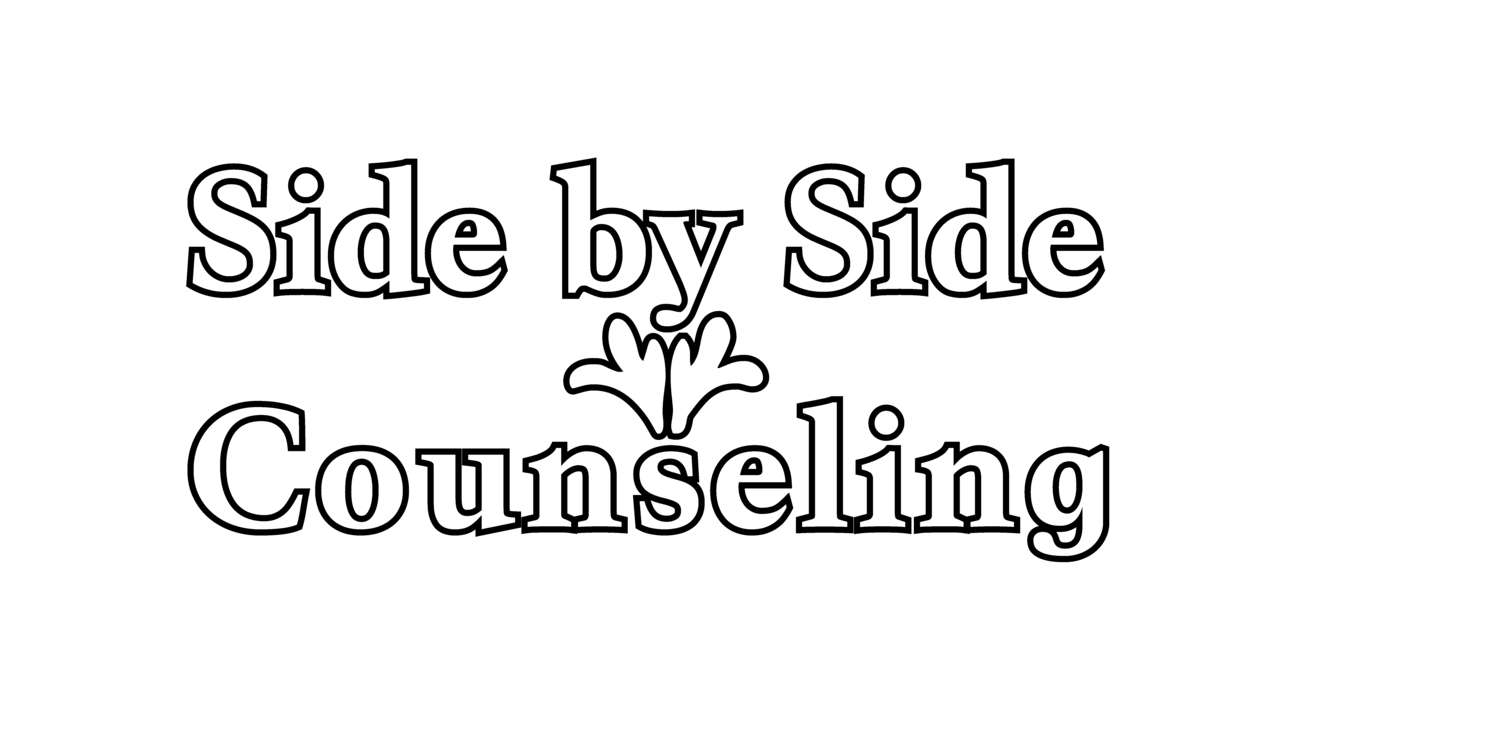Must Say Gay
July 16, 2023
On a recent plane ride, bored and uncomfortable, I finally watched the movie “Milk,” released in 2008. I’d avoided it for so long because the topic was so upsetting, but something drew me to it on that day.
The movie is a biopic about Harvey Milk, an activist and politician in San Francisco who was assassinated in 1978. What I didn’t realize about the film is that despite its depiction of brutality against the LGBTQ+ community, it’s also deeply inspiring. Because it affirms the deep solace which comes from solidarity, unity, and advocacy.
Dan White, the man who assassinated both Harvey Milk and then Mayor of San Francisco, George Moscone, served only five years in prison, due to what was coined the Twinkie Defense. He claimed that he had “diminished capacity” due to depression triggered by sugary junk food. He was convicted of voluntary manslaughter instead of first degree murder.
The Twinkie Defense is sadly not an outlier in LGBTQ+ history. A related legal strategy, the LGBTQ+ Panic Defense (now banned in many states), has been used for decades as an attempt to excuse violence against the LGBTQ+ community. It claims that the victim’s (perceived) identity was the cause of the perpetrator’s behavior. That a crime was justifiable because the perpetrator had an acceptable reaction to the victim being LGBTQ+.
As a Gen X’er who came out in the ‘80’s, my experience wasn’t too far removed from Milk’s 1978 assassination, the 1969 Stonewall riots, and the 1974 founding of The Lesbian Herstory Archives. I wore labrys (Amazon) earrings and frequented bookstores like Giovanni’s Room in Philly, and New Words in Cambridge, MA. I marched in non-corporate Pride Marches and went to hole-in-the-wall lesbian bars, finding community in physical spaces designed to bring people together.
I also lived with deep internalized homophobia. When I adopted a kitten in my early 20’s, I irrationally and absurdly wondered if she’d be better off with a heterosexual owner. The idea that same-sex marriage might be legalized seemed preposterous. There was no way to connect through social media, no easy access to email or the internet, no online dating.
Gen Z grew up with same-sex marriage, is more informed about intersectionality, is more likely to seek mental health support, and more accepting of difference. However, backlash like Don’t Say Gay bills, which not only seek to make LGBTQ+ people invisible, but to eradicate our history, are burgeoning. The trans community is being viciously targeted, and hate crimes are on the rise. The planet is at risk, and it’s hard to have faith in a future.
Gen X is in the middle, and being middle-aged as a member of an under-represented community comes with responsibility. We are a bridge between past and present. We’re close to the past, but have access to the future. We can understand why Gen Z takes many rights for granted – they don’t know differently. We can also understand why older people could be baffled by Gen Z’s fluid understanding of gender and sexual orientation.
Don’t Say Gay bills are insidious, reminding us that we Must Say Gay. We must know our history in order to understand where we’re going. We must teach and learn from each other. We must create opportunities for the oldest and youngest members of the LGBTQ+ community to talk to one another.
I have a serious sweet tooth, and I can attest to the fact that sugar doesn’t cause violence. The Twinkie Defense is a nonsensical attempt to diminish the lives of the LGBTQ+ community, and in order to prevent future threats like these, we need to know about our history. We Must Say Gay.
